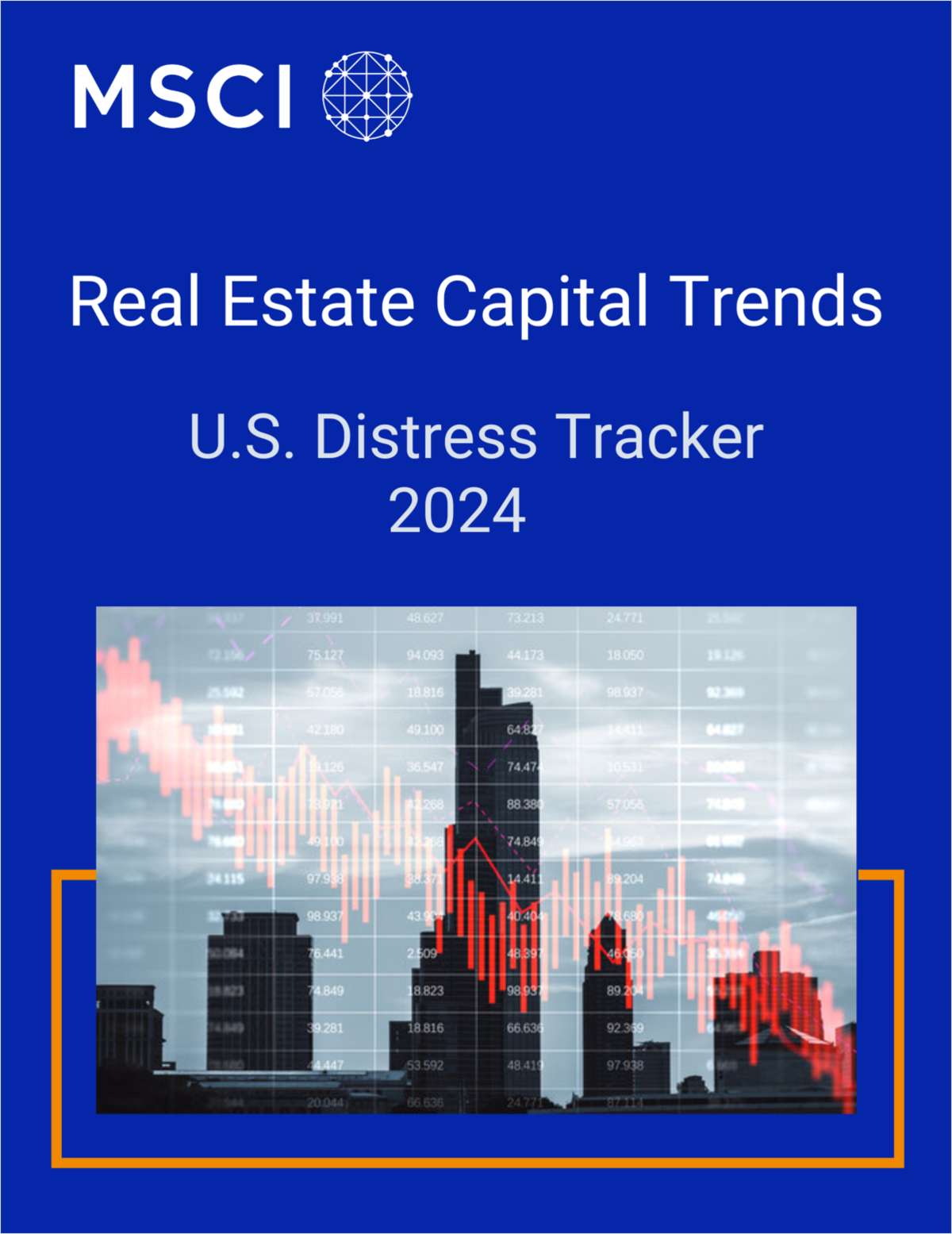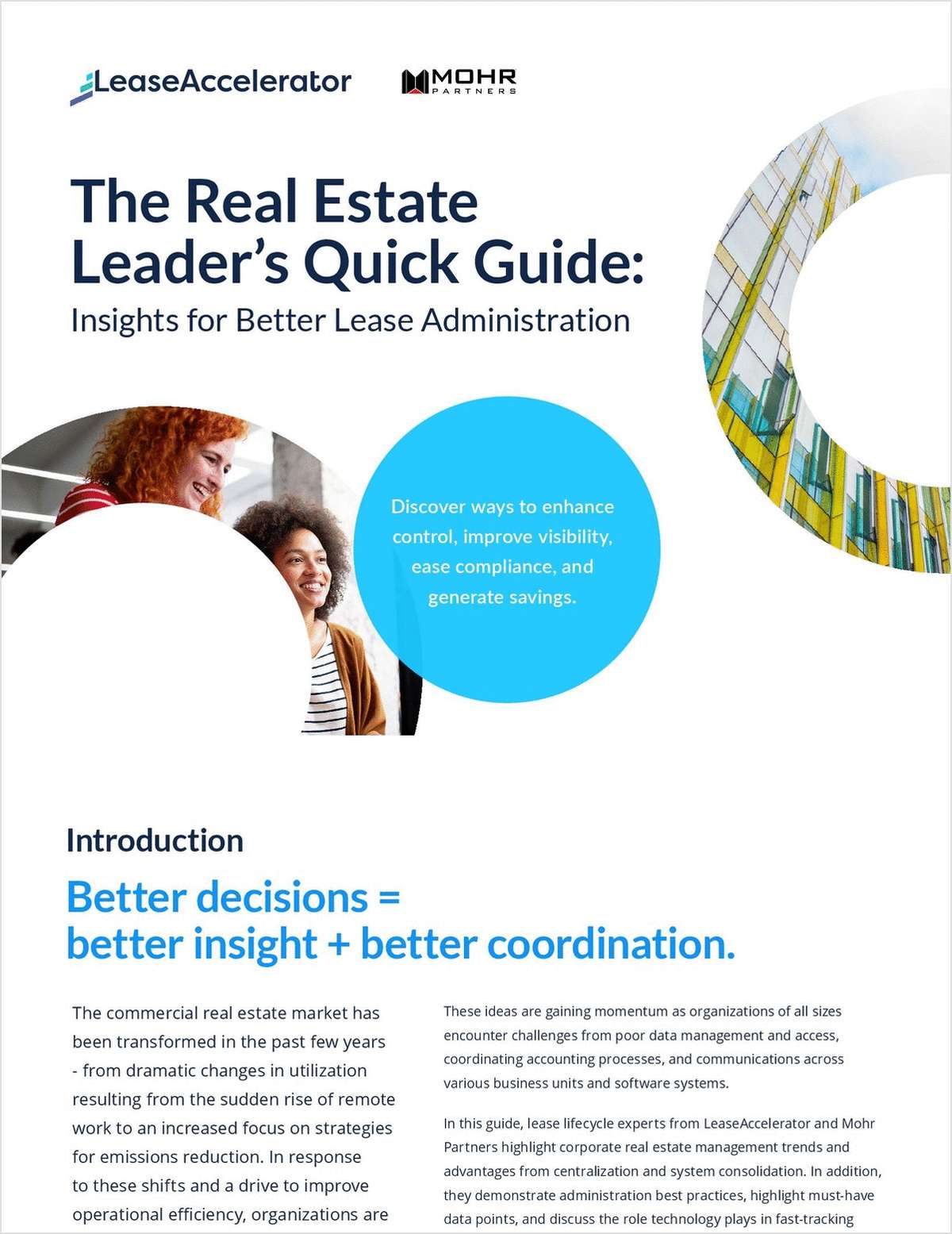
When asked about the latest trends in distressed real estate investment, Wayne B. Heicklen tells about the back-and-forth negotiations between a troubled bank and an eager private-equity investor over a few distressed assets.
The firm had its eye on certain assets in a portfolio of non-peforming loans held by a financial institution on Long Island, recounts Heicklen, co-chair of the real estate group of New York City-based law firm Pryor Cashman. It quickly found, though, that the bank's price expectations were too stringent, so it gave up.
Then the bank merged with another, so Heicklen's client tried again and found the new ownerships more amendable to a sale. But the private equity company's original idea of acquiring just the group's best assets? Nice try, but no cigar. And no sale. "The private-equity company started out bidding on the particular assets it wanted but was quickly pushed into the direction of buying the whole portfolio," Heicklen says.
Continue Reading for Free
Register and gain access to:
- Breaking commercial real estate news and analysis, on-site and via our newsletters and custom alerts
- Educational webcasts, white papers, and ebooks from industry thought leaders
- Critical coverage of the property casualty insurance and financial advisory markets on our other ALM sites, PropertyCasualty360 and ThinkAdvisor
Already have an account? Sign In Now
© 2024 ALM Global, LLC, All Rights Reserved. Request academic re-use from www.copyright.com. All other uses, submit a request to [email protected]. For more information visit Asset & Logo Licensing.








